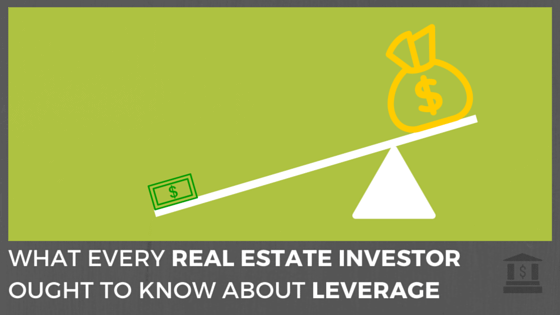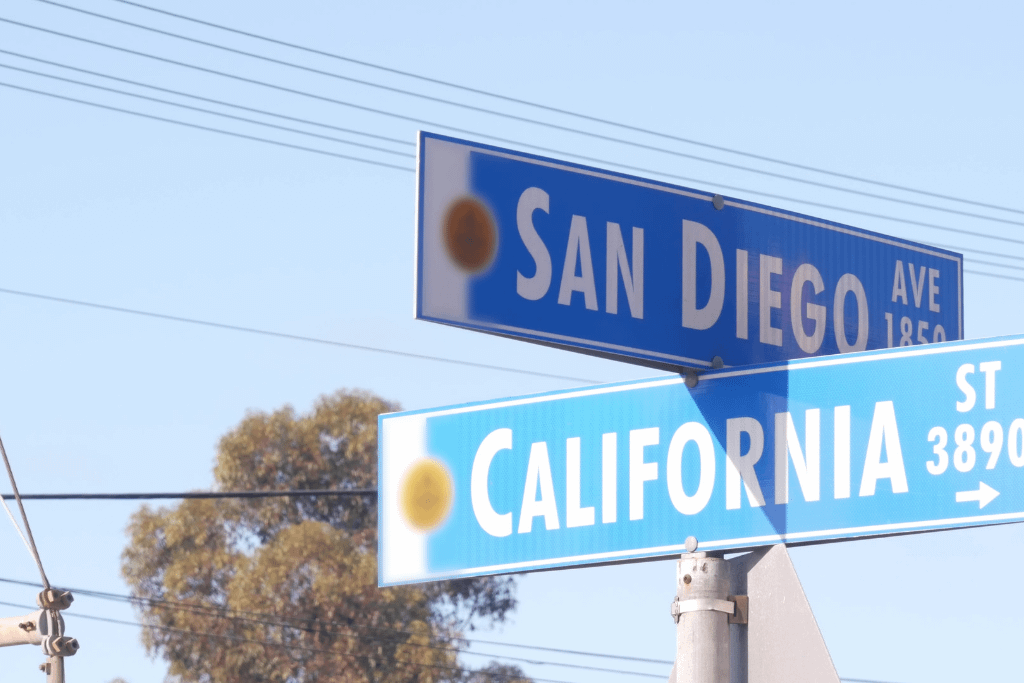January 26, 2016 by Jed Bratt
There is big money in Real Estate. Especially if you know how to properly utilize LEVERAGE to purchase it.
Let me ask you— as widely known as it is that Real Estate has consistently made more millionaires than other investments, do you understand WHY?
[SCROLL DOWN FOR VIDEO]
No— it’s not simply because Real Estate “always goes up in value.” (an un-true statement) It’s not because it’s a physical asset or even just because you can rent it out. These are often fine and dandy perks of investing in Real Estate, but none of them mean quite as much without understanding the power of LEVERAGE.
The definition of “leverage” according to businessdictionary.com is:
“…the advantageous condition of having a relatively small amount of cost yield a relatively high level of returns.”
Or more simply put— Real Estate leverage is utilizing other people’s money (“OPM”) [or even time or resources] rather than your own.
Not just any real estate leverage, mind you. I’m not talking about 20% interest rate loan in the 1980’s. I’m talking creative seller financing. Special investor loan programs. Conventional financing at today’s [historically] crazy low rates.
I’m even talking FHA Loans and VA Loans. (see why we’re obsessed with VA Loans and you’ll be too— if you’re eligible)
Yep— you can even [legally] strategically utilize owner-occupied, primary residence loans to purchase real estate and experience tremendous upside when done correctly. In fact, your cash-on-cash returns with these types of programs can more than DOUBLE when compared with conventional loans.
Anyway, I hear/see/read comparisons made all the time of Real Estate versus the Stock Market, with the often biased studies concluding that the Stock Market always comes out on top.
Listen closely— if you’re only buying everything all CASH in real estate (what most of those comparisons assume), then guess what! You’re simply not going to experience the potential benefits that Real Estate Investing really has to offer!
Not to mention, most of us aren’t rolling with $500K+ in liquid cash in our bank account anyway.
Let’s talk about this “leverage” thing…
Example
To make things simple, let’s just pretend you buy a single family house for $100,000—ALL CASH.
Note: $100k may not be realistic in most parts of the country, but these ratios are not far off from many of my current and past investments.
Let’s say you can rent that property out quickly at $1,000/month. Let’s also assume you have $4,000 in annual expenses including taxes and insurance, so you end up with $8,000 NET return after year one.
$8,000 divided by your initial investment of one-hundred thousand dollars is an 8% return— NOT BAD considering we’ve not even taking into consideration likely APPRECIATION and TAX WRITE-OFFS!
But wait— how about we run the numbers again, only this time we pretend that instead of paying all cash, you only put down 25% so $25,000 and then you take out a loan for the balance of $75,000 with a 30 year fixed-rate mortgage at 5% per year. That gives us of monthly mortgage payment of approximately $400 per month, x 12 months = $4,800.
Let’s still assume you rent it out for $1,000 per month so $12,000 per year. $12,000 minus our expenses of $4,000 and our mortgage of $4,800 dollars and you end up with $3,200. Now you might say, “hey that’s peanuts compared to buying it all cash!” Ok— well let’s not forget you still have $75,000 sitting in your bank account, plus we haven’t run the numbers to find out our cash-on-cash return yet.
So let’s do that: $3,200 divided by our cash investment of $25,000 equals a 13% return on your investment! That’s 5 percent better than buying it all-cash, and we still haven’t taken appreciation, equity build-up or tax write-offs into consideration!
Now let’s also say you have a modest appreciation rate of 3% that first year.
Note: REMEMBER—you’re benefitting from the appreciation on the ENTIRE property value—not just your $25,000 investment (unlike stocks and bonds).
SO, if we calculate the value of the property to be $103,000 at the end of the first year, your return on investment or “ROI” jumps to a whopping 23%! Now sure, we didn’t account for inflation, but go ahead and compare that to a stock portfolio. PLUS, If we take into account the interest tax deduction, you have an additional thirty-four-hundred dollar tax write-off!
Keep in mind that you would still have $75,000 in your account to buy THREE more of these!
And check this out—you own a PHYSICAL asset which is INSURED. This means if the place burns down, your insurance company pays for you to re-build! Try taking out an insurance policy on your mutual fund!
Ok, so what if the market crashes? So long as you have a tenant in there paying off your mortgage, you should be able to pull through.
If your stock portfolio crashes to nothing? That’s a different story.
Look, you want to be responsible with leverage, but you also WANT to use it if you want to maximize your returns!
We didn’t even discuss multi-family properties (my favorite subject) which is a whole other level of returns, but we’ll discuss that soon as well!




